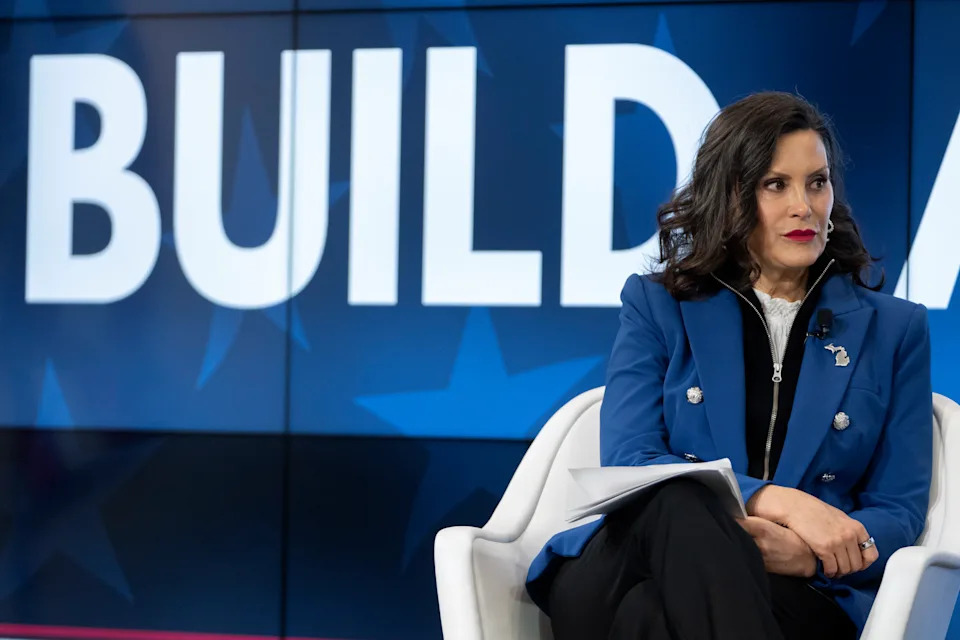
Whitmer told Trump in private that Michigan auto jobs depend on a tariff change of course
Key Points
- Michigan Gov. Gretchen Whitmer met privately with President Donald Trump to argue that his tariffs are harming the automotive industry, a key economic sector in Michigan.
- Whitmer presented a slide deck to highlight the economic damage from tariffs, which could lead to job losses and reduced profits in a state critical to Trump's 2024 election win.
- Despite multiple meetings with Trump, including this third one since January, no specific commitments were made by the president to address Whitmer's concerns.
- The tariffs impose high import taxes on steel, aluminum, and parts, putting U.S. automakers at a disadvantage compared to foreign competitors with lower tariffs.
- Major automakers like Ford and GM have reported significant financial losses due to tariffs, with costs impacting their ability to reinvest in domestic factories.
Summary
Michigan Governor Gretchen Whitmer met with President Donald Trump in the Oval Office to discuss the detrimental impact of his tariffs on the state's automotive industry, a vital economic driver. Armed with a visual presentation, Whitmer highlighted how tariffs on steel, aluminum, and parts from China, Canada, and Mexico threaten factory jobs, profits, and competitiveness, especially against German, Japanese, and South Korean automakers facing lower import taxes. Despite this being her third meeting with Trump since January, no concrete commitments were made. The tariffs have already cost companies like Ford and GM billions, hampering reinvestment in domestic production—a goal Trump champions. Whitmer also sought federal support for ice storm recovery and Medicaid changes. Michigan, a swing state that helped Trump win in 2024, has lost 7,500 manufacturing jobs since his return, with smaller suppliers like Detroit Axle struggling to survive. While Trump’s administration claims to prioritize American auto dominance through trade frameworks, critics, including industry leaders, warn of severe economic fallout. Political experts note Michigan’s symbolic and electoral importance, questioning whether voters will hold Trump accountable if tariffs fail to deliver promised growth. Whitmer’s direct appeals to Trump reflect a unique, yet challenging, balancing act for Democratic leaders navigating opposition to his agenda while protecting state interests.
yahoo
August 9, 2025
Stocks


